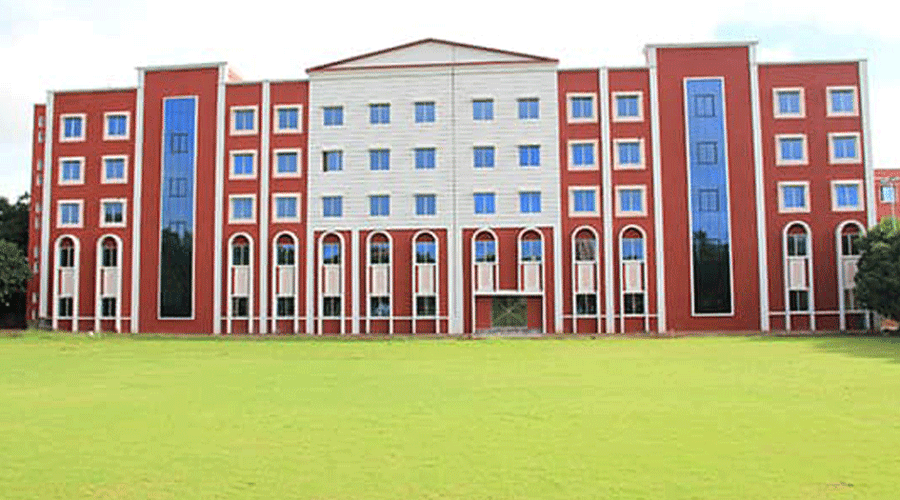Kalinga Institute of Social Sciences (KISS), Bhubaneswar, has won the Unesco King Sejong Literacy Prize 2022 for its literacy programme.
The award carries an endowment of $20,000, a medal and a citation. KISS has received the award in the category of “Mother tongue-based multilingual education programme.”
The award was presented at a global award ceremony organised by Unesco in Côte d’Ivoire on Thursday to celebrate International Literacy Day.
Addressing a press conference here on Friday, KISS founder Dr Achyuta Samanta said: “It’s a long journey. With only 125 tribal students, we began the KISS in 1992-93 and now the students’ strength has reached 30,000. During the long journey, all attempts have been made to denigrate me and the institution. But we have overcome every obstacle. And now the world recognises the contribution of KISS in making the poor tribals literate. We have empowered them with knowledge. Now Unesco has recognised it. The award is a pride for the entire country. I will write everything about this whenever I come up with a book on my journey, on the KISS’ journey.”
Mother tongue-based multilingual education programme aims to tackle the challenges of poor retention of indigenous students in elementary schools due to classroom language barriers and teachers’ incapacity to deal with multilingual and multicultural classrooms effectively.
“This year, the spotlight was on transforming literacy learning spaces. KISS is the fifth institution from India and the first from Odisha to receive such an international award. It is also the third among the non-profit NGOs and the first indigenous-based organisation to be conferred with this award. Such a moment will not come again,” Dr Samanta said.
He said, “KISS, the largest institute for indigenous students in the world, is credited with the adoption of innovative pedagogies and learning tools and bringing about a perceptible change in the socio-economic lives of the indigenous population through education.”
Dr Samanta maintained how the institute has transformed the lives of 70,000 indigenous children (30,000 children pursuing education and 40,000 alumni) directly and about 7 lakh lives in the indigenous communities indirectly.
“I thank Unesco for recognising our efforts and social innovations in the field of education, literacy and indigenous empowerment. In my childhood, I struggled to get proper education and now I put all my life and soul to provide holistic education to millions at margins,” he said, adding that the educational initiative at KISS comprises a school, a college, and a university founded with the objective of providing food, education, and empowerment to indigenous children. A tribal boy enters LKG at KISS and passes out completing his post-graduation.
KISS (Deemed to be University) vice-chancellor Prof Deepak Kumar Behera said: “KISS, which adopted the multilingual education programme through innovation sandbox, has set an example for other educational institutions and governments to impart classroom teaching in indigenous languages.”
KISS CEO Prashant Kumar Routray also spoke on the occasion about how they have developed a format to impart teaching to tribal students through their mother tongues and later on help them learn different languages.










